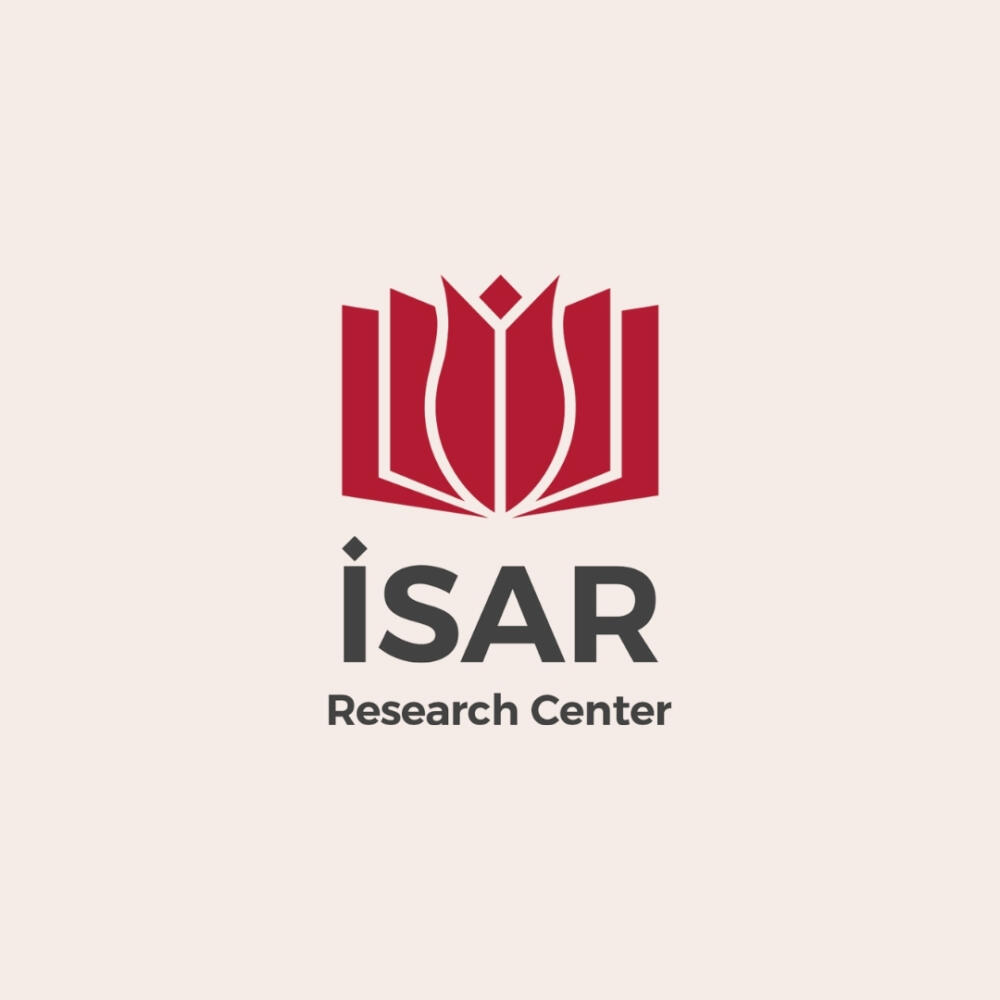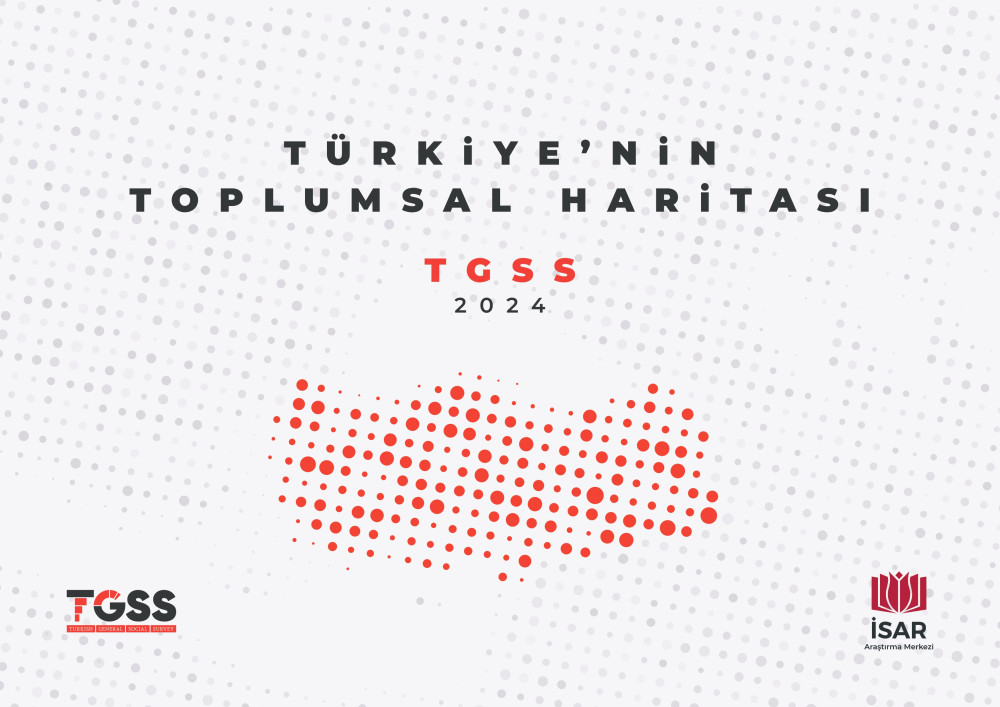When one thinks of Ottoman history, the first thing that comes to mind is the research on the Ottomans by modern historians. This book, however, is not concerned with how modern historians understand and narrate the Ottoman past, but how the Ottomans themselves understood and narrated their own past. Who practiced the science of history in the Ottoman period and how? What kind of historical texts did they create? For whom and with what motivations did they write history? Who were their readers? How did they address and try to convince the different circles of readers in the empire? What did they think about the science of history they practiced? How conscious were they of the nuances of this endeavor? What were the connections between writing the history of the Ottoman Empire and imagining its past and future? Seeking answers to these and similar questions, this book includes studies that examine the sources of Ottoman historians, the methods they employed, the ways in which they constructed their texts, their aims in writing history, and their practical and intellectual concerns.
The first part of the book, which consists of three parts, deals with themes such as the methods discussed by historians in the Ottoman period and their preferences in recording events. The second part focuses on historians' journeys in practicing the science of history within the framework of their own life stories, while the third part deals with the reasons for the writing of historical texts, their target audiences, their narrative features and their relations with other texts.
Click here to buy the book.












